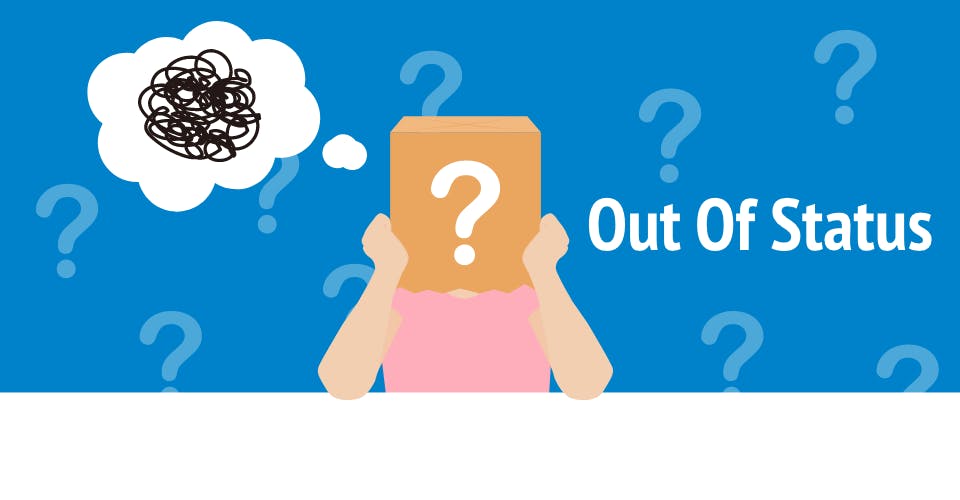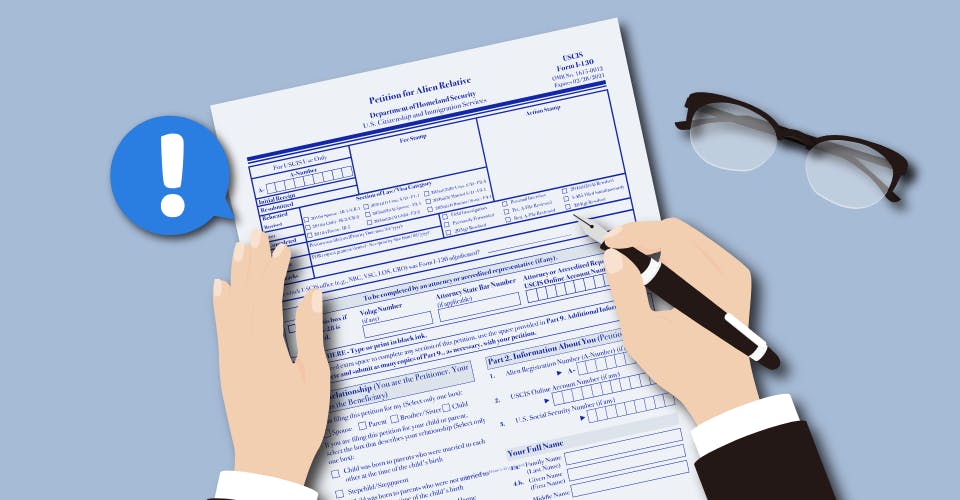Receiving a marriage-based green card is dependent upon the filing immigrant having a legal status when they have entered the United States. Often, married couples believe they can pursue a marriage green card through a routine I-485 adjustment of status application and their case will be processed without any issues. However, a clear problem that married couples run into in this process is what’s called “falling out of status” and problems that may result from such a scenario.
This brief guide is meant to explain what this phrase means, and how to make sure it is perfectly safe to start the marriage green card process as a couple.
Generally, according to U.S. law, when you have spent any time “out of status”, it means that technically the time you have spent in the U.S. is unlawful and will be on your record for the sake of the USCIS. Applicants might think that because they have no criminal record, have never gotten a parking ticket, and otherwise have been practicing good civic behavior (as an alien), that this will outweigh other aspects of their marriage green card application, and they will be fine when it comes time for processing.
However, being out of status, at any time, in the United States, as mentioned, is illegal, and the authorities will be the first ones to find out for example on your I-485 application or through background checks. As such, there are different routes and options that couples can take if they do believe that one partner has overstayed their visa or is technically out-of-status, or has been.
Here are some ways to figure out if one will be considered out of status:
- Check your passport to verify all of the times you have entered the U.S. at a port of entry.
- Check your Visa stamps to make sure you did not overstay a visa
- Check possible international trips (booking receipts, booking site profiles) to make sure that if your visa did expire, you had left the country before the expiration date and then returned with lawful entry
- Check to see if you had undergone consular processing in the past and if you had entered the U.S. with an approved status and were not on parole in the U.S.
- If you have were granted a non-immigrant temporary visa (students), and you overstayed, you are also considered out-of-status once such a visa expires and you are still in the U.S.
If you have entered the U.S. at any time in the past and were considered out of status, regardless of your current status, then it will be almost impossible to have an adjustment of status marriage green card interview in the United States.
In such cases, a USCIS officer will most likely defer adjudication of the adjustment application until the agency instead adjudicates the Extension of Stay (EOS) application so long as there are no other grounds for denial. Keep in mind though that an Extension of Stay application, which needs to be completed per the I-539 Form (Available here) should be filled out in a timely manner. If immigrants fill out an EOS application years after their visa has expired, that might create a situation where the DOH effectively tries to remove the immigrant from the country.
For those who have met an above case or definition of falling “out of status” and do not want to fill out the EOS application in conjunction with their I-485 application, such spouses will need to attend a marriage green card interview in their home country (where they are still a citizen) through consular processing. In such circumstances, it is usually difficult for both couples to be present during the interview as they will still be holding residence and working inside the United States.














